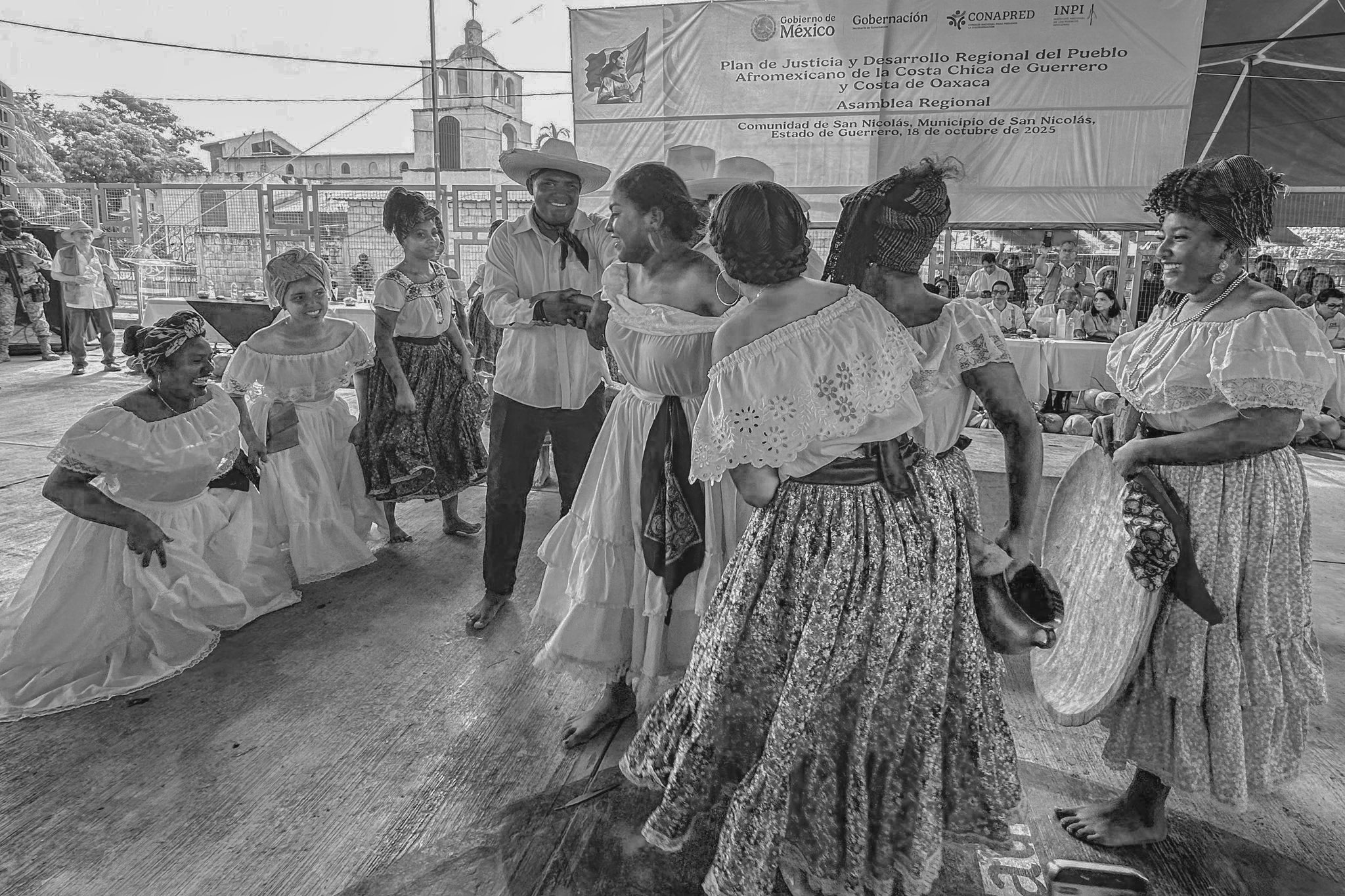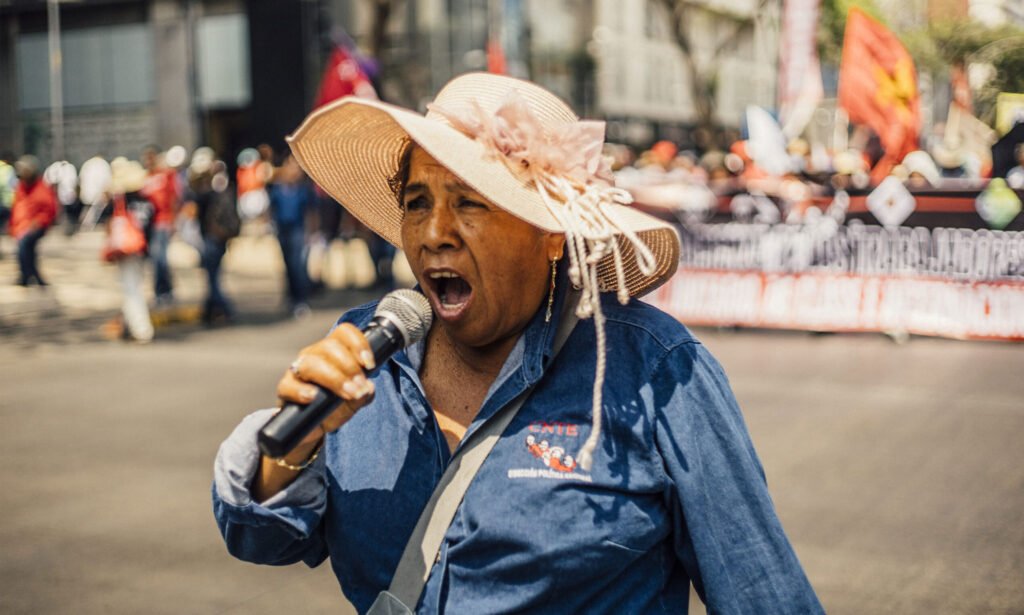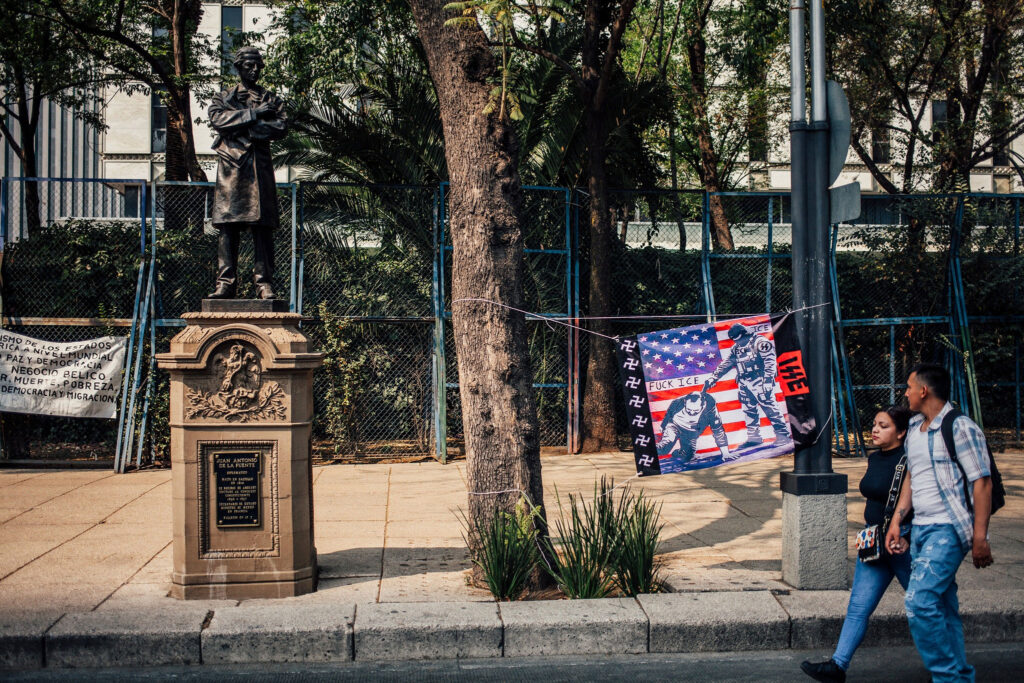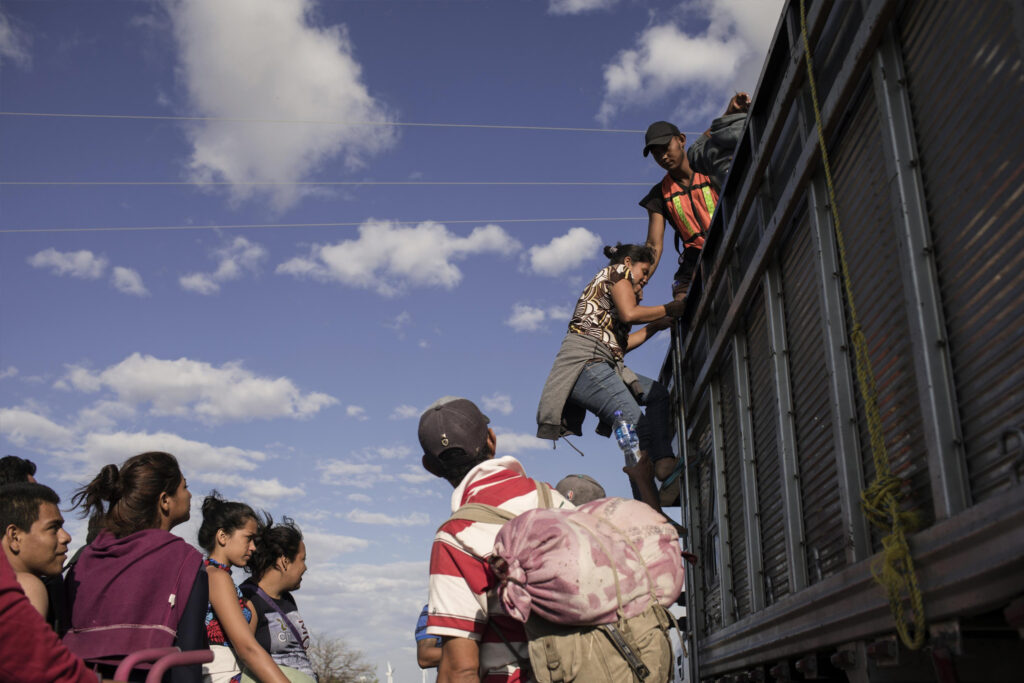National Institute of Indigenous Peoples & Afro-Mexican Communities Agree on Comprehensive, Just Development Path
This article originally appeared in the October 20, 2025 edition of La Jornada, Mexico’s premier left wing daily newspaper.
Mexico City. The National Institute of Indigenous Peoples (INPI) held the first regional assembly to develop the Regional Justice and Development Plan for the Afro-Mexican People of the Costa Chica of Guerrero and the Oaxaca Coast. This plan seeks comprehensive, intercultural, and sustainable development to improve the living conditions and common well-being of these communities.
In the context of Oaxaca’s Day of the Black Afro-Mexican People (October 19), the Institute, together with local authorities, agreed to work on seven thematic areas: Afro-Mexican culture and identity; Afro-Mexican rights; basic and community infrastructure; Afro-Mexican economy and natural resources; culturally relevant education; health and traditional medicine; and land and territory.
This initiative is part of the Lázaro Cárdenas del Río General Plan, which covers the Balsas region, including the states of Oaxaca, Guerrero, Michoacán, Puebla, Morelos, and the State of Mexico. It is led by the Chief of the Office of the President of the Republic, Lázaro Cárdenas Batel.
The INPI indicated that this comprehensive development plan complies with the constitutional mandate of Article 2, which establishes that the State must determine public policies that guarantee the effective exercise of the rights of indigenous and Afro-Mexican peoples.

Gustavo Torres Cisneros, general coordinator of Cultural Heritage and Indigenous Education at INPI, reported that they are making progress on the General Law on the Rights of Indigenous and Afro-Mexican Peoples. “We hope that next year we will be able to conduct the consultations, as President Claudia Sheinbaum Pardo has stated, and send it to the Legislative Branch for approval.”
For her part, the president of the National Council to Prevent Discrimination (CONAPRED), Claudia Olivia Morales Reza, mentioned that this plan “is a historic debt. It is not a process that seeks to be imposed, but rather one that will be heard, recognized, and built collectively, based on voices and knowledge.”
After a cultural presentation of dance and music in the municipality of San Nicolás, Guerrero, Sergio Peñaloza Pérez, representative of the Afro-Mexican people, affirmed that one of the central demands of the movement was constitutional recognition. Therefore, he welcomed its inclusion in Article 2 of the Magna Carta and in local constitutions in several states, since “it constitutes the legal mechanism through which they can effectively exercise the right to self-determination and autonomy recognized in national and international law.”
-
CNTE Announces 72 Hour National Strike & March to Mexico City’s Zócalo
The class-conscious teachers union will also make “courtesy visits” to the embassies of countries who committed atrocities against Iran, to show their rejection of US imperialism.
-
Yet Another Mexican Citizen Dies in ICE Custody
The unidentified victim is the 9th Mexican citizen to have been killed in ICE detention since the beginning of 2025; this time in Adelanto, California.
-
Let’s Talk About Migration: Trumpist Persection
Millions of women who have endured unspeakable violence on their migration journey are now being persecuted in the United States by an extremely xenophobic and misogynistic government, led by Donald Trump,




